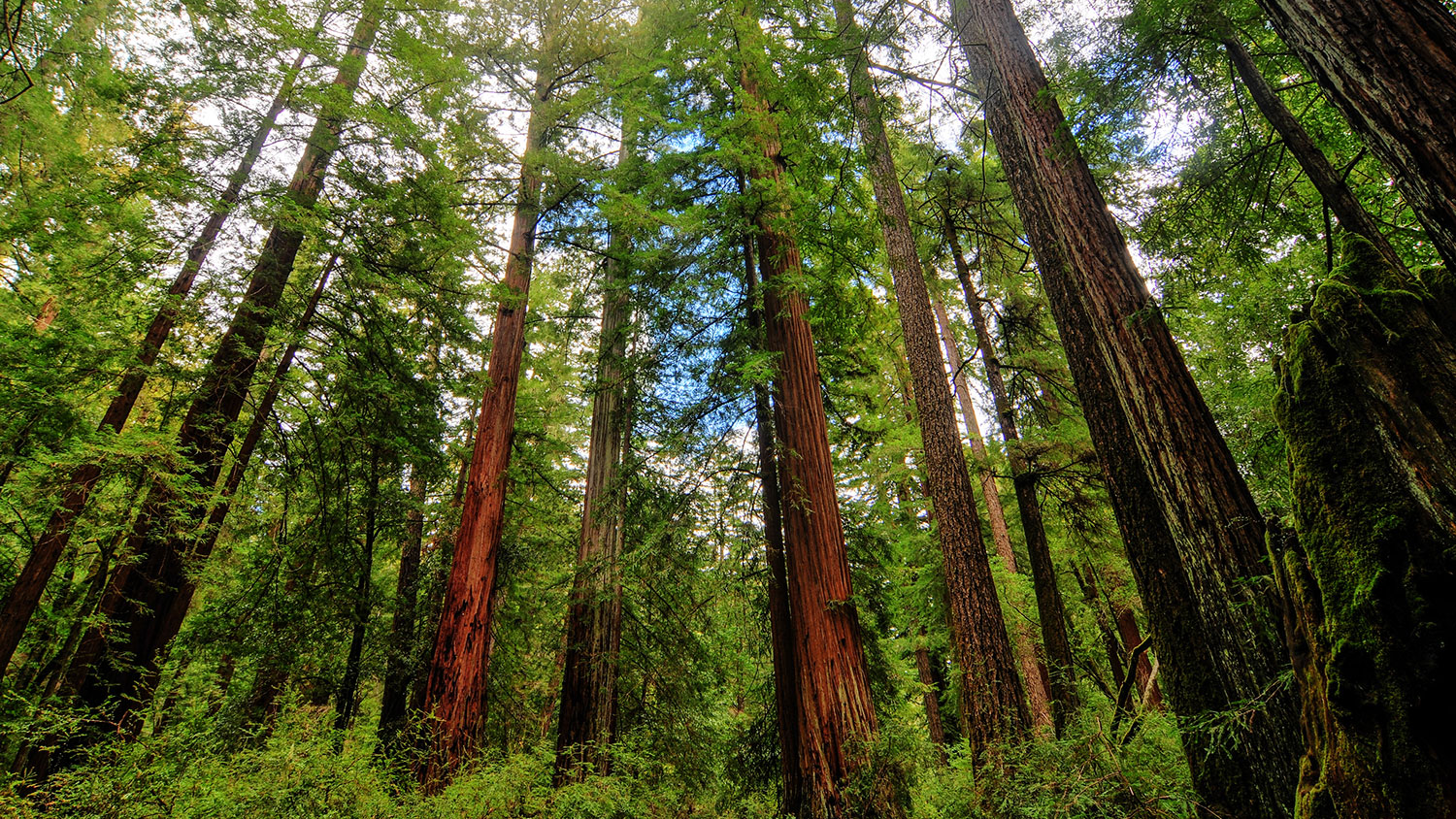Here’s a shocker. It looks like one of the best weapons we have right now in the fight-to-the-death cage match that is combatting climate change is — drumroll please — planting trees!
This news comes from a report out of the University of Oxford comparing different ways of removing CO2 from the atmosphere — which is a great thing to do, because it buys us more time to get our shit together and figure out how to stop pumping out so much of the stuff in the first place.
It turns out that one hectare of forest can sequester around 3.7 tons of CO2 per year at a cost of less than 100 dollars per ton, according to the report. Plus, trees can do other cool things like improve soil quality. Aren’t trees great? If only we’d known this before!
Other carbon capturing contenders include grabbing CO2 emissions from biomass-burning plants, sucking CO2 directly out of the air, and putting lime in seawater to make it absorb more CO2. On a larger scale, all of these options would destroy trees in a contest of who can capture the most CO2, but these more techie methods come with political hurdles and high costs. Realistically, the researchers say, these options might not make a significant impact until 2050.
But fear not, treehuggers. Your beloved forests won’t have to bear this burden alone until then. Dirt also has a role to play in the more immediate carbon capture game. With better agricultural land management, we can increase the amount of organic carbon in soil. We can also burn biomass into a carbon-dense biochar and store it in soil.
So trees and dirt are where it’s at for the next few decades, the researchers say, and perhaps by mid-century, we’ll be ready to pull out the big guns.
But lest we forget, the researchers at Oxford remind us:
“It is clear that attaining negative emissions is in no sense an easier option than reducing current emissions. To remove CO2 T on a comparable scale to the rate it is being emitted inevitably requires effort and infrastructure on a comparable scale to global energy or agricultural systems. Combined with the potentially high costs and energy requirements of several technologies, and the global effort needed to approach the technical potentials discussed previously, it is clear that very large-scale negative emissions deployment, if it were possible, is not in any sense preferable to timely decarbonisation of the energy and agricultural systems.”
Guess it’s time to plant some trees and start the revolution!



